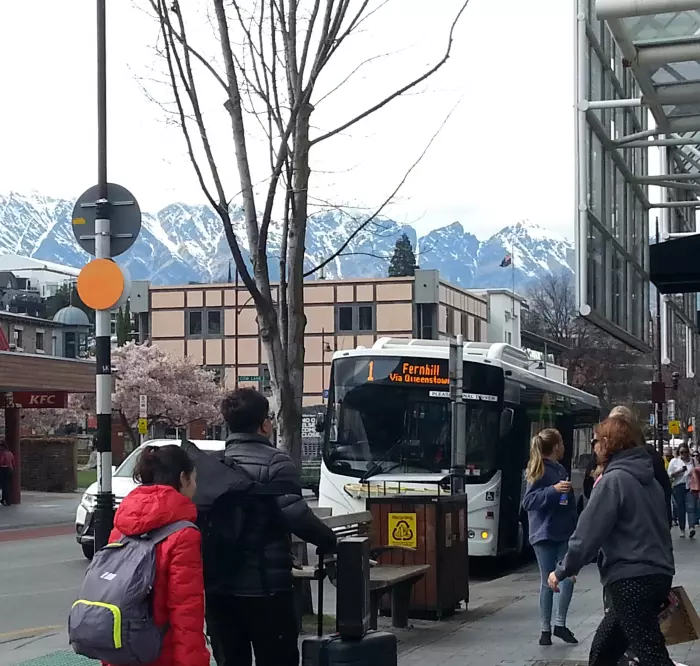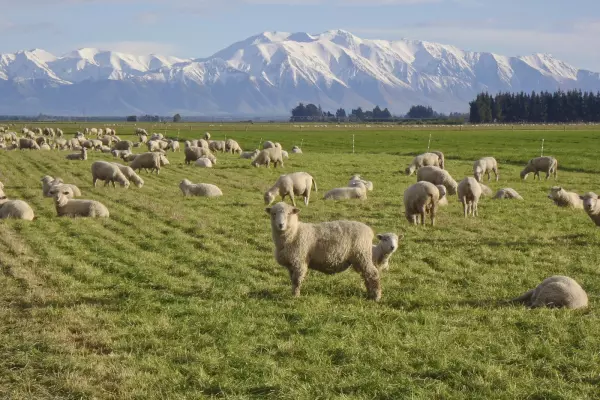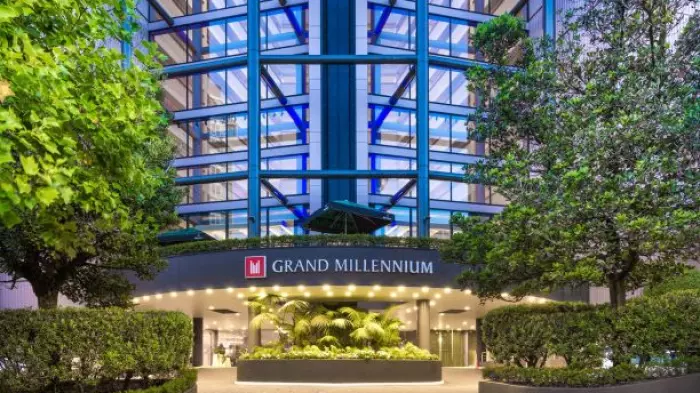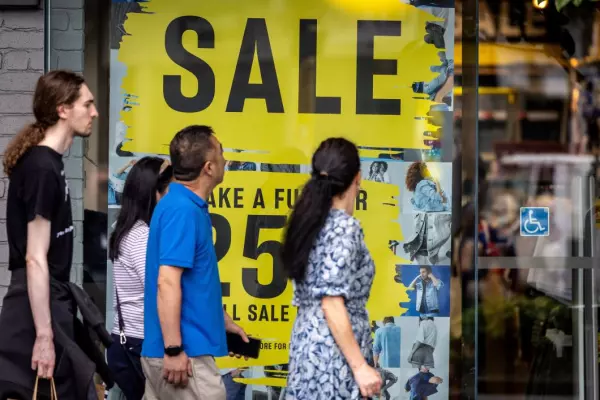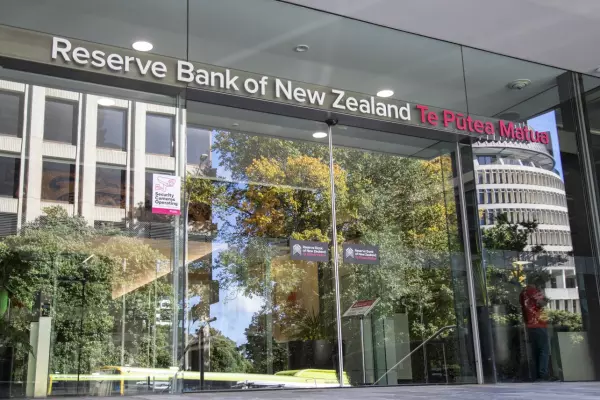"Survival rates" on rental homes in Queenstown, emptied of tourists by the pandemic, have seen new rental contracts in the South Island settling almost 10 percent lower than a year earlier.
Throughout the South Island, excluding Canterbury, new rental prices dropped 2.5 percent in June adding to a dramatic 8.6 percent drop in May — the biggest monthly fall in any region since Stats NZ started collecting the data in 2006.
The move has been driven by falling prices in tourism hotspot Queenstown-Lakes District as the border closure has throttled back the region's economy.
Stats NZ’s rental price index now records new tenancies in the region being an average of 9.5 percent cheaper than in June last year, even while new rental prices nationwide have increased 0.3 percent.
One Queenstown property manager who asked not to be named said current rental prices were “not market rates, but survival rates,” as owners tried to set affordable prices while still being able to meet mortgage repayments.
Property prices had felt invincible before covid-19, but the pandemic revealed they were not, she told BusinessDesk.
Kelvin Davidson, a property economist at CoreLogic, said the falling rental prices reflected a shock to both supply and demand.
Holiday homes lose lustre
The lack of international tourism emptied out the city, he said, while homeowners who had once leased properties as short-term holiday homes - such as Airbnb - were now listing on the regular market.
“Most probably, the supply of property available to rent has gone up, so you’ve got a supply and demand factor going on,” he said.
The size of the fall surprised Davidson given rents tended to be relatively steady.
“To see such big changes in rents is in some ways surprising,” he said. “But you take a step back and see a big chunk of our economy is gone and, in that way, it is not surprising.”
A fifth of Queenstown’s economy was derived from tourism-related businesses, he said.
Better-than-expected spending and domestic tourism was helping soften the blow from the pandemic, but prices may fall further as the last of the wage subsidy ends with no immediate plan to restart international tourism, he said.
“It’s not an endless decline, but for the rest of the year the pressure on rental markets is definitely going to be on the downside, that’s for sure.”
New rentals in regional North Island, excluding the two main centres, saw the biggest price hike, up 6 percent from June last year.
Wellington prices fell 6.5 percent between March and April but gained 1.6 percent in June to be 1.4 percent above the prior year.
New Zealand’s total stock of rentals, new and existing contracts, rose 0.1 percent in June, and were up 3.4 percent from the prior year.


